Books are a powerful way to understand you or a loved one’s mental health journey
May is Mental Health Awareness Month, a time to raise mental health awareness and erase the stigma surrounding mental illness. Books are a powerful way to gain insight, empathy, and practical tips for navigating your mental health journey or understanding that of a loved one. This month, the EFR team is sharing five mental health-related books in their personal library that can inspire, educate, and uplift. Whether you’re struggling with mental health challenges or simply interested in learning more about the topic, we hope you find valuable insights, support, and new favorite additions to your reading list.
Podcast Host Johanna’s Pick
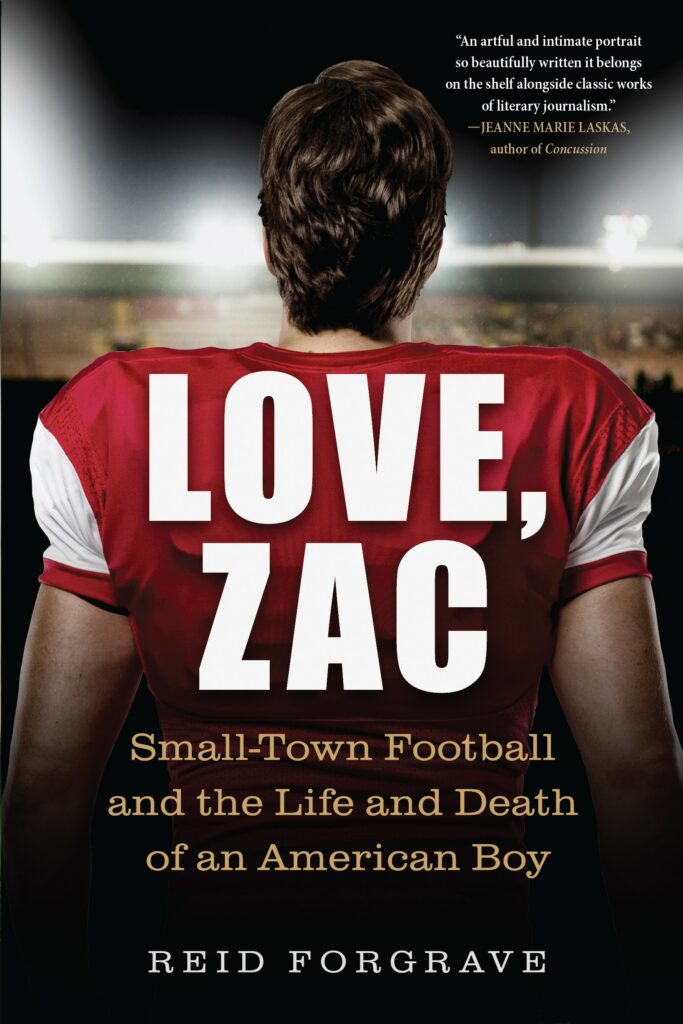
Love, Zac by Reid Forgrave
Zac Easter was a tough young man in small-town Iowa who could not take the pain anymore after living with traumatic brain injuries he sustained while playing high school football. Our culture’s obsession with football led Zac and those who cared for him to ignore the signs of chronic traumatic encephalopathy (CTE) until it was too late. Reid Forgrave brings Zac’s story to life in his book Love, Zac by speaking with Zac’s family, friends, community, medical professionals, sports historians and sharing passages from Zac’s diary. He challenges readers to consider what values and ideals we want to pass on to generations to come.

“I recommend this book to parents of young children and teenagers who play or are interested in playing contact sports. Zac’s life and death are an important reminder that the body and brain have limits and that mental health is often impacted by physical injuries and brain trauma.”
– Johanna Dunlevy, Emotion Well Podcast Host
Go beyond the book.
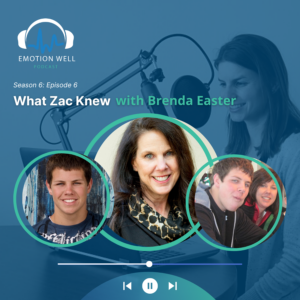
Brenda Easter, Zac’s mother and founder of CTE-Hope, joins us on Emotion Well to share her family’s journey through Zac’s mental health struggles and how even in his absence, his story lives on and makes a difference for future generations of kids who play sports.
Wellness Specialist Kylie’s Pick
Go beyond the book.
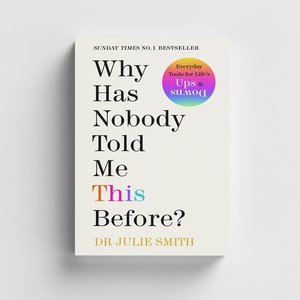
Why Has Nobody Told Me This Before? by Julie Smith
Your mental health is just as important as your physical health. Dr. Julie Smith’s book Why Has Nobody Told Me This Before shares the secrets of a therapist’s toolkit for dealing with and understanding life’s challenges. In this book, you receive expert advice and practical skills to help you process emotions and cope with things like stress, anxiety, grief, and self-doubt. In addition to tackling every day issues, you will learn how to develop resiliency, build self-confidence and find your motivation so that you can care for your mental health every single day.

“I like this book because it covers a variety of topics essential in caring for your mental well-being. The way the book is organized makes it easy to find the topic and resources you need in that moment, making it a valuable addition to your mental health toolbox. It’s also a really great resource to turn to for support while waiting for your next counseling appointment.”
– Kylie Mitchell, Wellness Consultant
Prevention Specialist Haley’s Pick
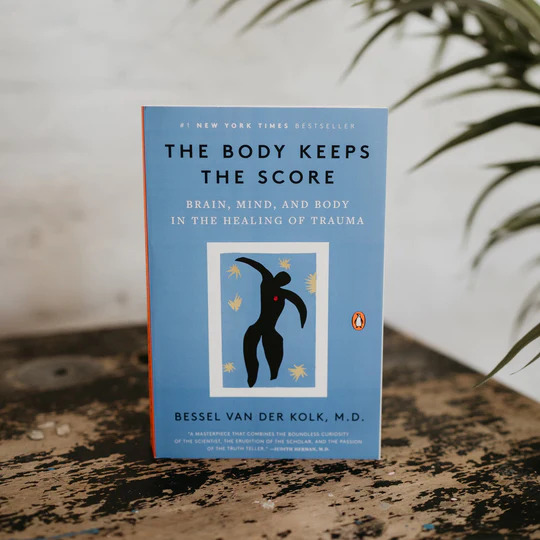
The Body Keeps the Score by Bessel van der Kolk
Trauma is a common life experience. This means it important to learn how to cope with traumatic stress for your health and the health of those around you. Dr. Bessel van der Kolk’s book The Body Keeps the Score explores how the stress from traumatic experiences literally rewires how our brain handles pleasure, engagement, control, and trust. This book offers healthy alternatives to coping with traumatic stress with techniques like mindfulness, play, yoga, and therapy.

“I recommend this book because it gives readers a deep dive into the impacts that trauma can have on the body and brain. This book also dives into the power of resiliency and the importance of exploring your mind.”
– Haley Pederson, Prevention Manager
Counselor Amanda’s Pick
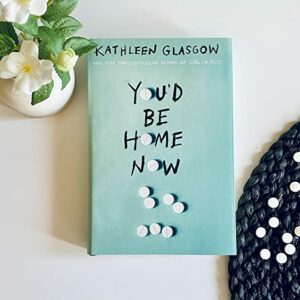
You’d Be Home Now by Kathleen Glasgow
People have many opinions on who Emory is. At school, she is the rich girl; at home, she is the good one – in comparison to her stoner older brother, Joey. Up until the car accident, no one knew just how bad Joey’s drug addiction was. As Emory starts her junior year, she realizes that people are more than they appear and she is ready to decide who she is for herself. Kathleen Glasgow’s book You’d Be Home Now is a heartbreaking story that explores how the opioid crisis affects us all.
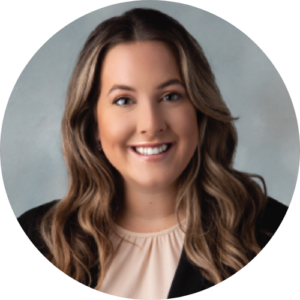
“I recommend this book for young adults and adults as well. It is an enjoyable read, but also provides the teenage perspective on how difficult it can be to deal with “adult issues” and trauma, while trying to manage school and friends.”
– Amanda Khader, Child and Adolescent Clinician
Life Coach Barb’s Pick
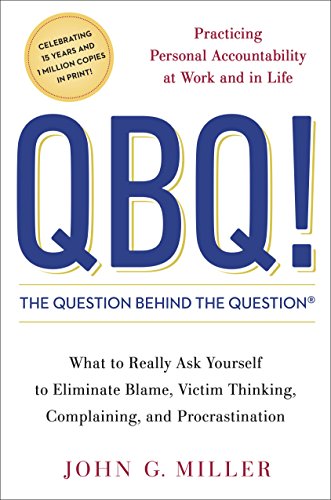
The Question Behind the Question by John G. Miller
No good comes by pointing fingers or playing the blame game. Rather, to move forward, we need to recognize the power of personal accountability. Learn what questions to really ask yourself to eliminate blame, victim thinking, complaining, and procrastination with John G. Miller’s book The Question Behind the Question. You will learn how to put personal accountability into practice to help you learn, grow, and change in both your personal and professional life.
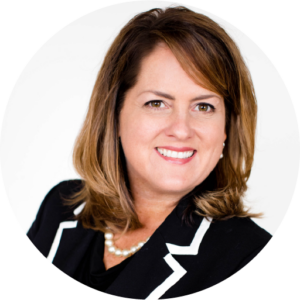
“What I like about this book is that it’s a quick read with a lot of practical tips included in a short book. Even if you only implement one or two tips, you’re sure to experience better outcomes. I recommend this book to anyone who has good intentions to make positive changes, but struggles to feel like they have any power over their situation. This book helped me see the power of the questions we ask ourselves. Asking better questions leads to better outcomes!”
– Barb Ranck, Life Coach

